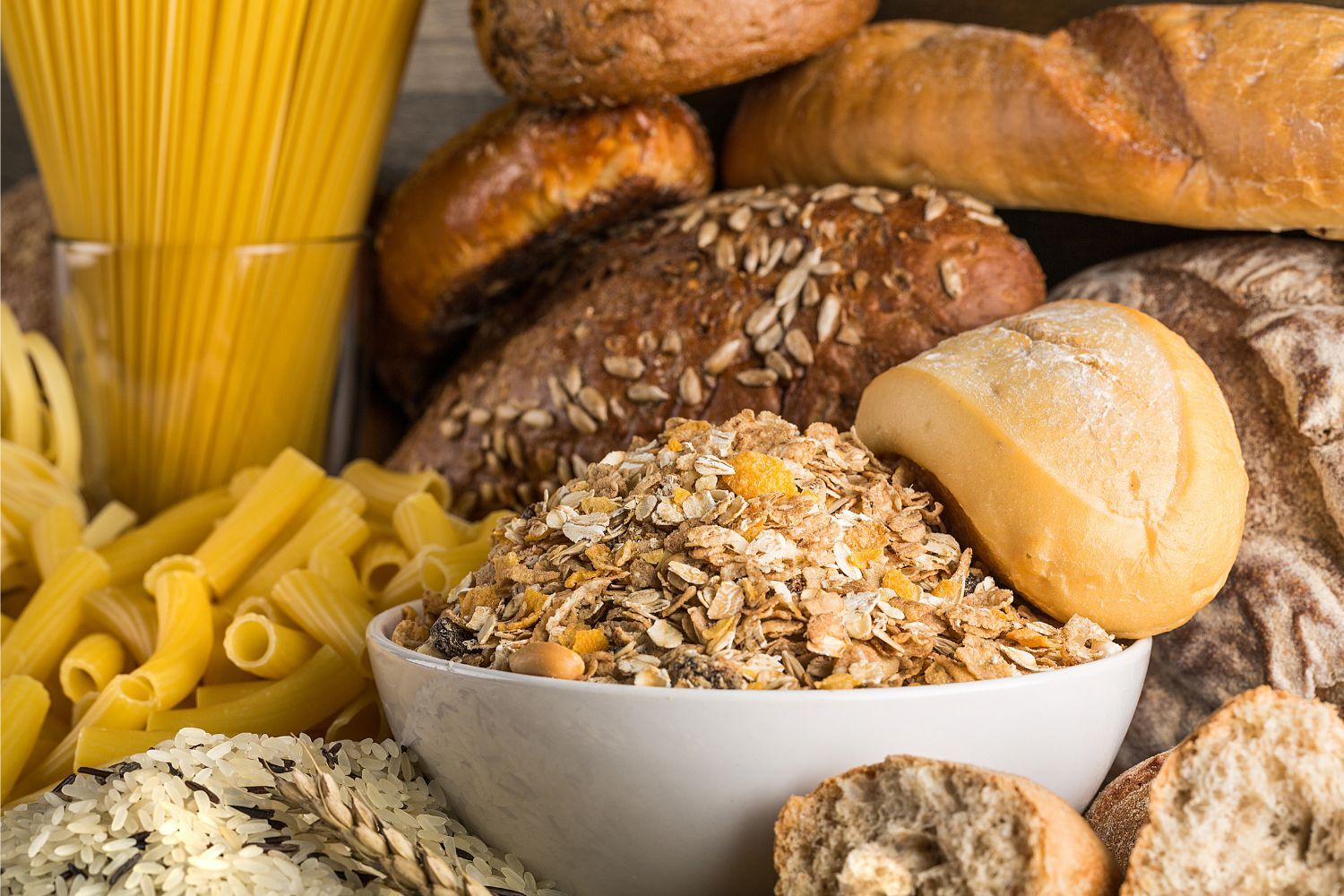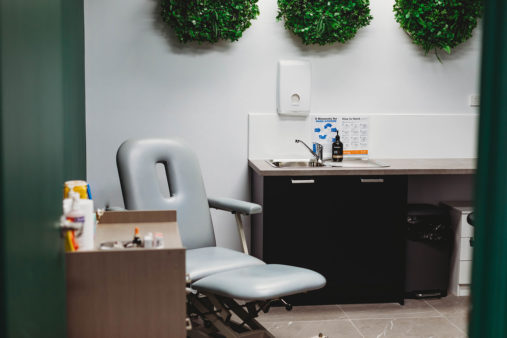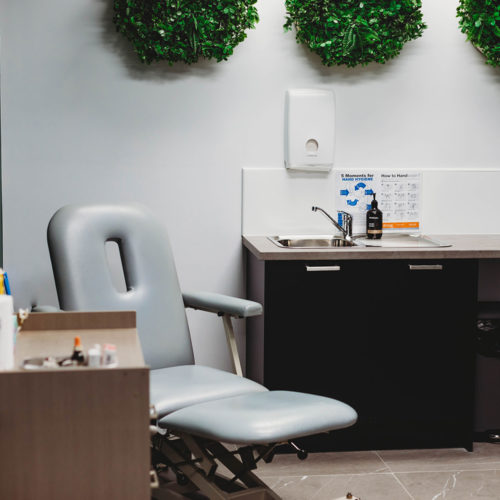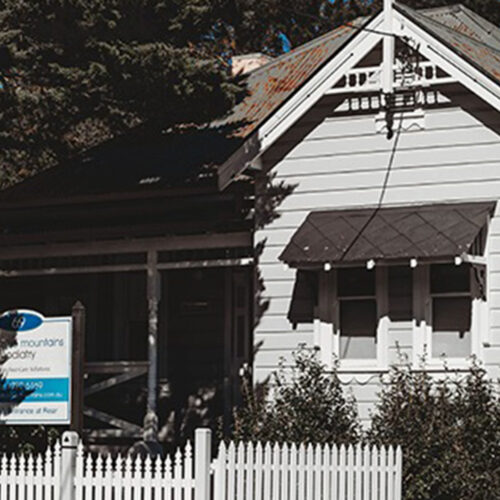Coeliac disease and gluten intolerance, also known as non-coeliac gluten sensitivity, share some similarities but are distinct conditions even though both involve a reaction to gluten.
What is the difference between coeliac disease and gluten intolerance?
Coeliac disease is a chronic autoimmune disorder that affects the small intestine. It is triggered by the ingestion of gluten, a protein found in wheat, barley, and rye. When a person with coeliac disease consumes gluten, their immune system responds by attacking the lining of the small intestine, leading to inflammation and damage to the villi, which are small finger-like projections that line the intestine and are responsible for absorbing nutrients from food.
The symptoms of coeliac disease can vary from person to person and can include diarrhea, abdominal pain, bloating, fatigue, weight loss, and nutrient deficiencies. If left untreated, coeliac disease can lead to serious complications, such as osteoporosis, anemia, and an increased risk of certain cancers.
It is possible for individuals to have coeliac disease without knowing it. Here are some reasons why someone might not know they have coeliac disease:
- Lack of symptoms: Some individuals with coeliac disease may have no symptoms or only mild symptoms, and may not realize that anything is wrong. This is sometimes referred to as “silent” coeliac disease.
- Symptoms mistaken for other conditions: The symptoms of coeliac disease, such as fatigue, bloating, and abdominal pain, can be similar to those of other conditions such as irritable bowel syndrome (IBS). As a result, coeliac disease may be overlooked or misdiagnosed as another condition.
- Delayed onset of symptoms: The onset of coeliac disease can occur at any age, from infancy to late adulthood. In some cases, the symptoms of coeliac disease may not appear until later in life, making it harder to identify the cause.
- Lack of awareness: Coeliac disease is still not well-known, and some healthcare professionals may not consider it as a possible diagnosis, particularly if the patient does not fit the typical profile (e.g., being underweight or having digestive symptoms).
The only treatment for coeliac disease is a strict gluten-free diet, which involves avoiding all sources of gluten in the diet. This can be challenging as gluten is found in many foods and food products, but there are now many gluten-free alternatives available.
Gluten intolerance on the other hand, also known as non-coeliac gluten sensitivity, is a condition in which a person experiences symptoms after consuming gluten but unlike coeliac disease, gluten intolerance does not cause intestinal damage.
Symptoms of gluten intolerance can include gastrointestinal issues such as bloating, abdominal pain, and diarrhea, as well as fatigue, headaches, joint pain, and skin rashes. These symptoms can be similar to those of other digestive disorders, making it important to get a proper diagnosis.
Diagnosis of gluten intolerance is typically made through a process of elimination, in which other causes of symptoms are ruled out. There are no specific tests available for gluten intolerance. The most effective treatment for gluten intolerance is to avoid gluten-containing foods. This can include eliminating or limiting the consumption of wheat, barley, and rye, as well as foods made from these grains, such as bread.
How can a dietitian help with gluten intolerance?
A dietitian can play an essential role in helping someone with gluten intolerance manage their condition through appropriate diet and lifestyle changes. Here are some ways a dietitian can help:
- Assessment: A dietitian can help with the diagnosis of gluten intolerance and other related conditions by conducting a thorough assessment of a person’s symptoms, medical history, and dietary habits and referring appropriately.
- Education: A dietitian can provide education on gluten intolerance, its causes, symptoms, and the foods and ingredients that contain gluten. They can also teach a person how to read food labels, avoid cross-contamination, and identify safe and unsafe foods.
- Meal planning: A dietitian can help plan and design a balanced and nutritious gluten-free diet that meets the individual’s nutritional needs, tastes, and preferences. They can also help identify gluten-free alternatives for commonly consumed gluten-containing foods, such as bread, pasta, and baked goods.
- Monitoring and Follow-up: A dietitian can monitor a person’s progress and adjust their diet as needed to manage symptoms and ensure adequate nutrient intake. They can also provide ongoing support and follow-up to help maintain a gluten-free lifestyle.
The importance of seeing a dietitian if you have coeliac disease:
A dietitian can play a crucial role in helping people with coeliac disease manage their condition by providing expert advice on how to follow a gluten-free diet. Here are some specific ways a dietitian can help:
- Education: A dietitian can educate people with coeliac disease about the gluten-free diet, including which foods are safe to eat and which should be avoided. They can also explain how to read food labels to identify hidden sources of gluten.
- Meal planning: A dietitian can help individuals with coeliac disease plan meals that are nutritionally balanced and gluten-free. They can provide recipes and meal ideas to ensure that the diet is varied and enjoyable.
- Nutrient deficiencies: A dietitian can monitor for potential nutrient deficiencies that can occur due to the limited variety of foods in a gluten-free diet. They can help people with coeliac disease identify and address any deficiencies through dietary changes or supplements.
- Dining out: A dietitian can provide guidance on how to dine out safely by recommending gluten-free restaurants or menu items and explaining how to communicate with restaurant staff to ensure the food is prepared safely.
- Coping with the diagnosis: A dietitian can help individuals with coeliac disease cope with the diagnosis by providing emotional support and practical tips for living with the condition.
Overall, a dietitian can provide personalized advice and support to help people with coeliac disease and gluten intolerance lead a healthy, gluten-free lifestyle without feeling deprived and missing out on essential nutrients.













